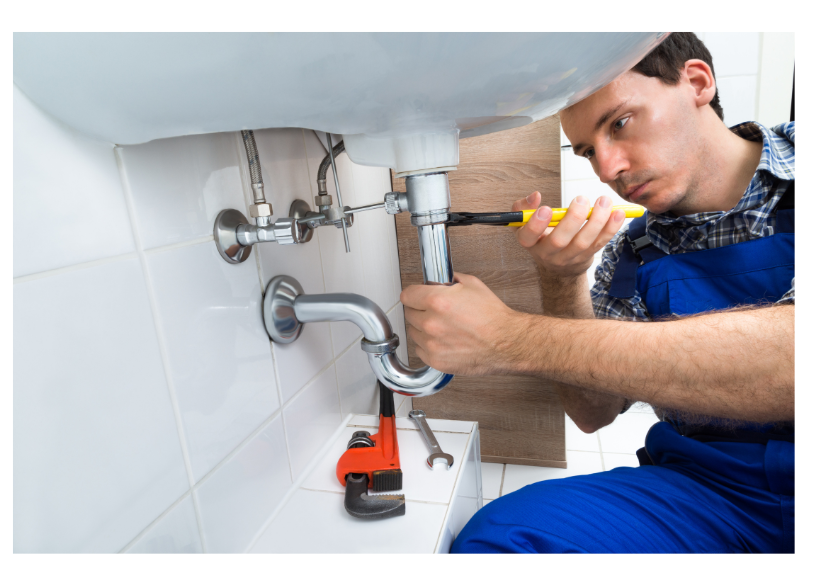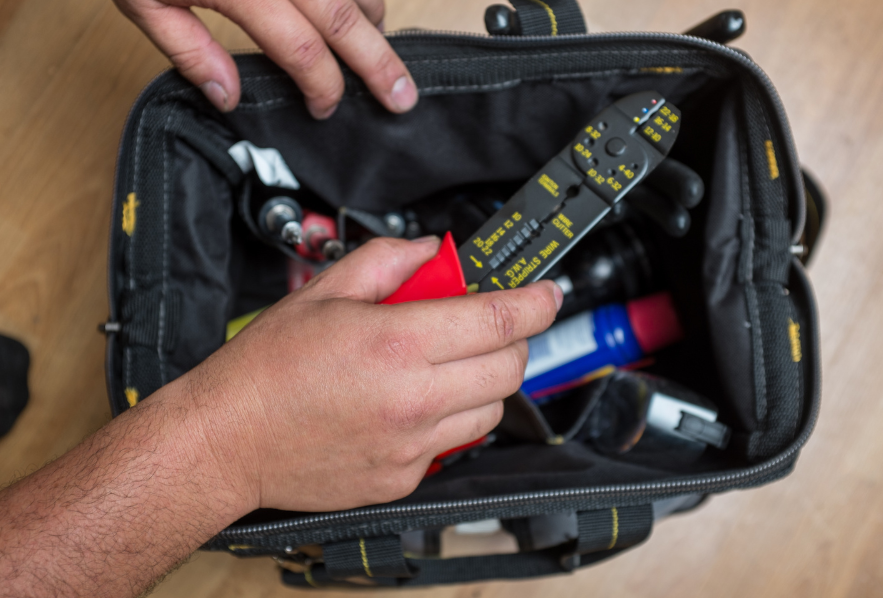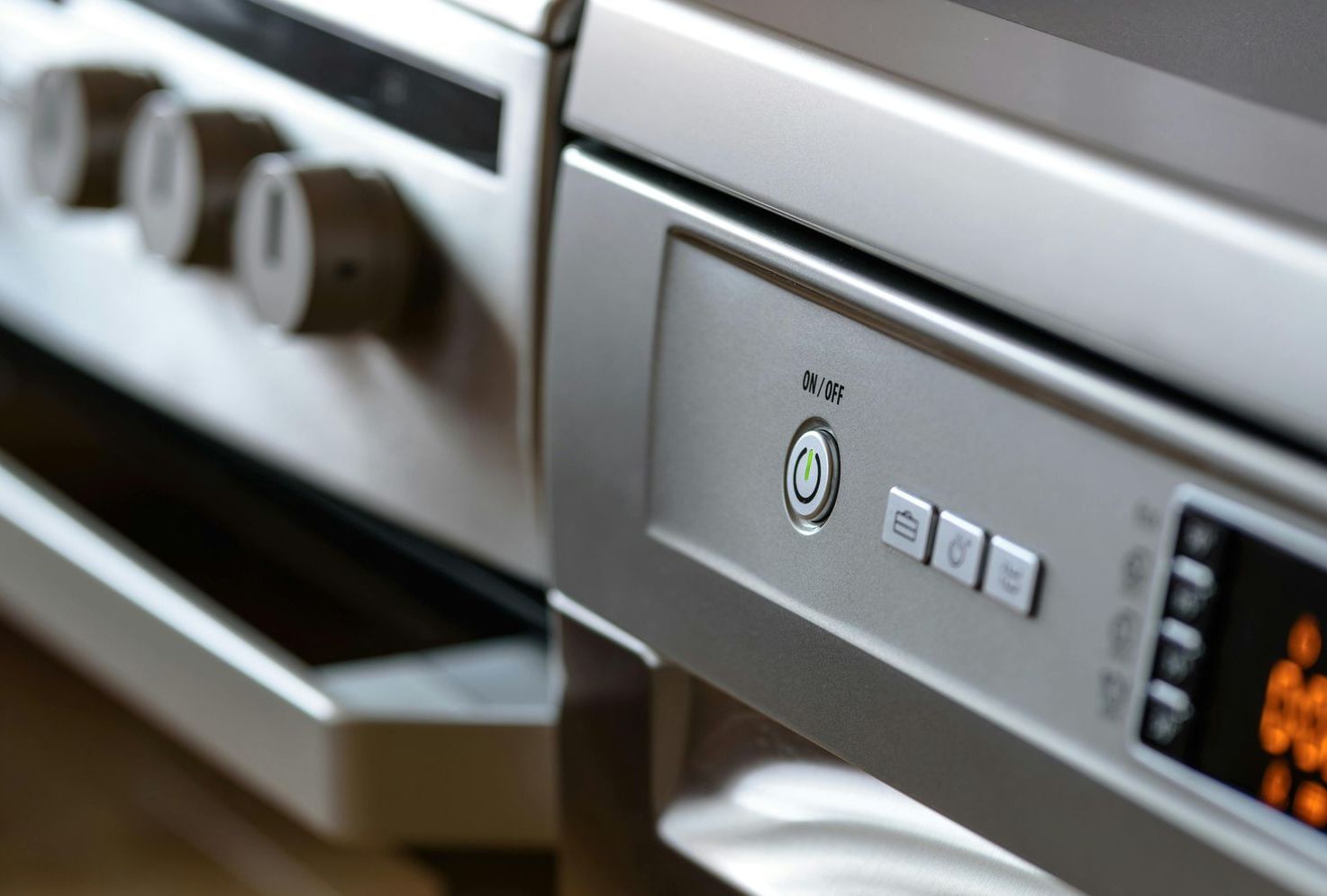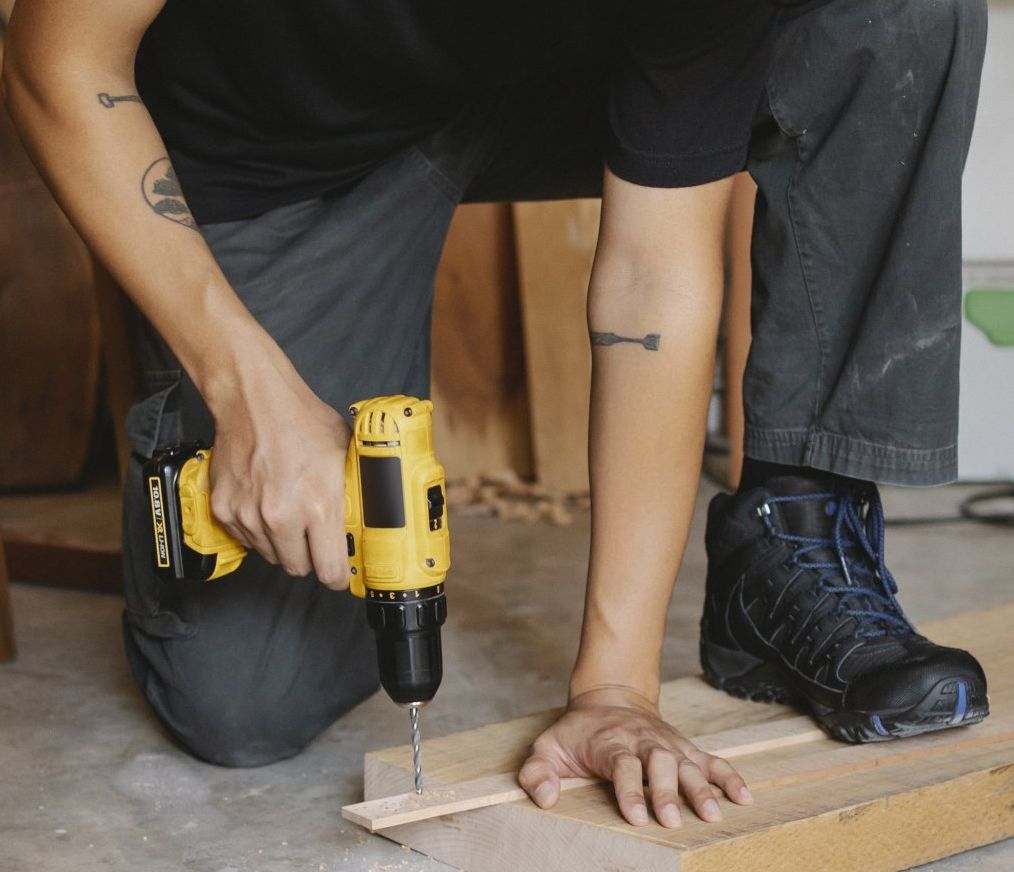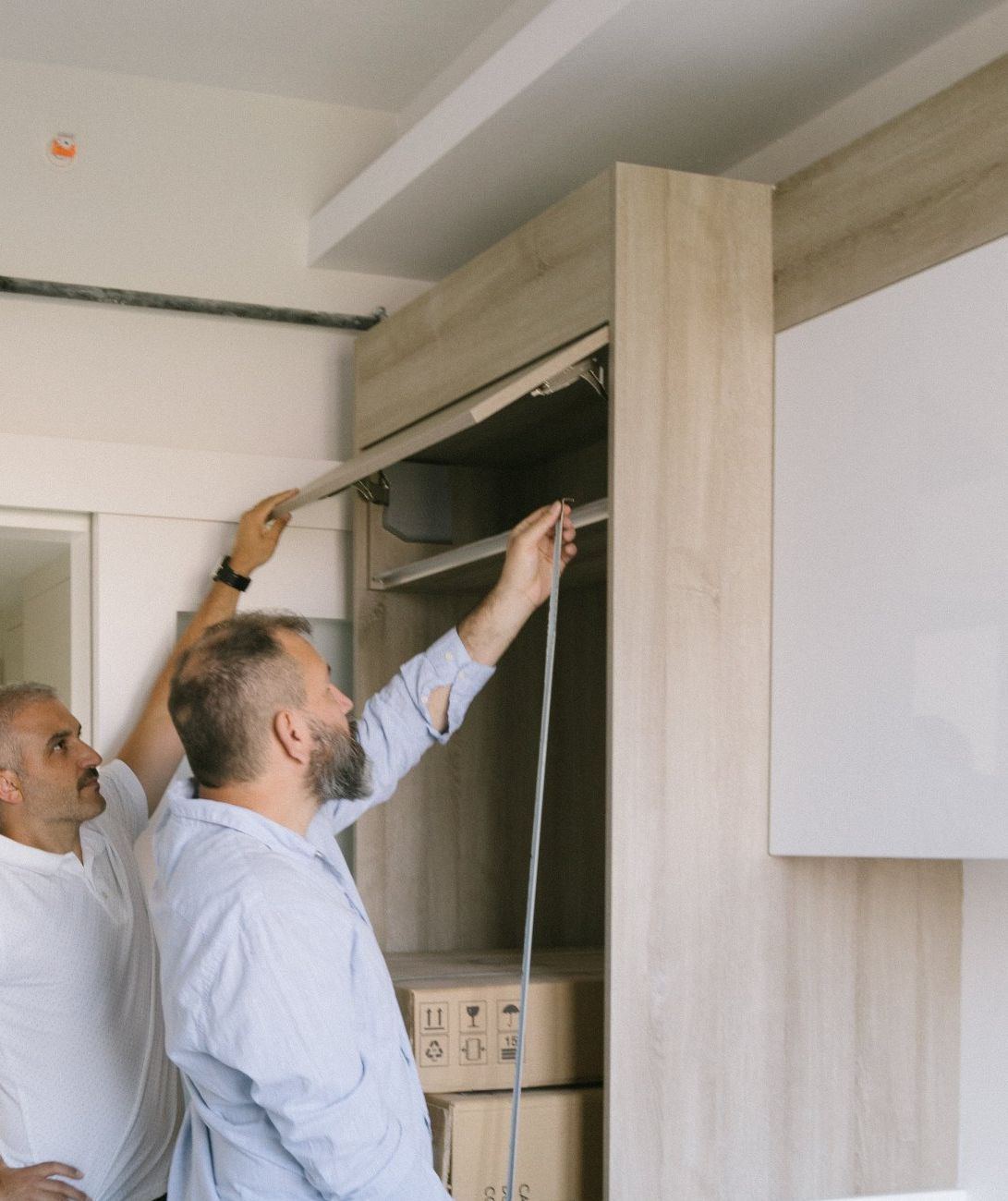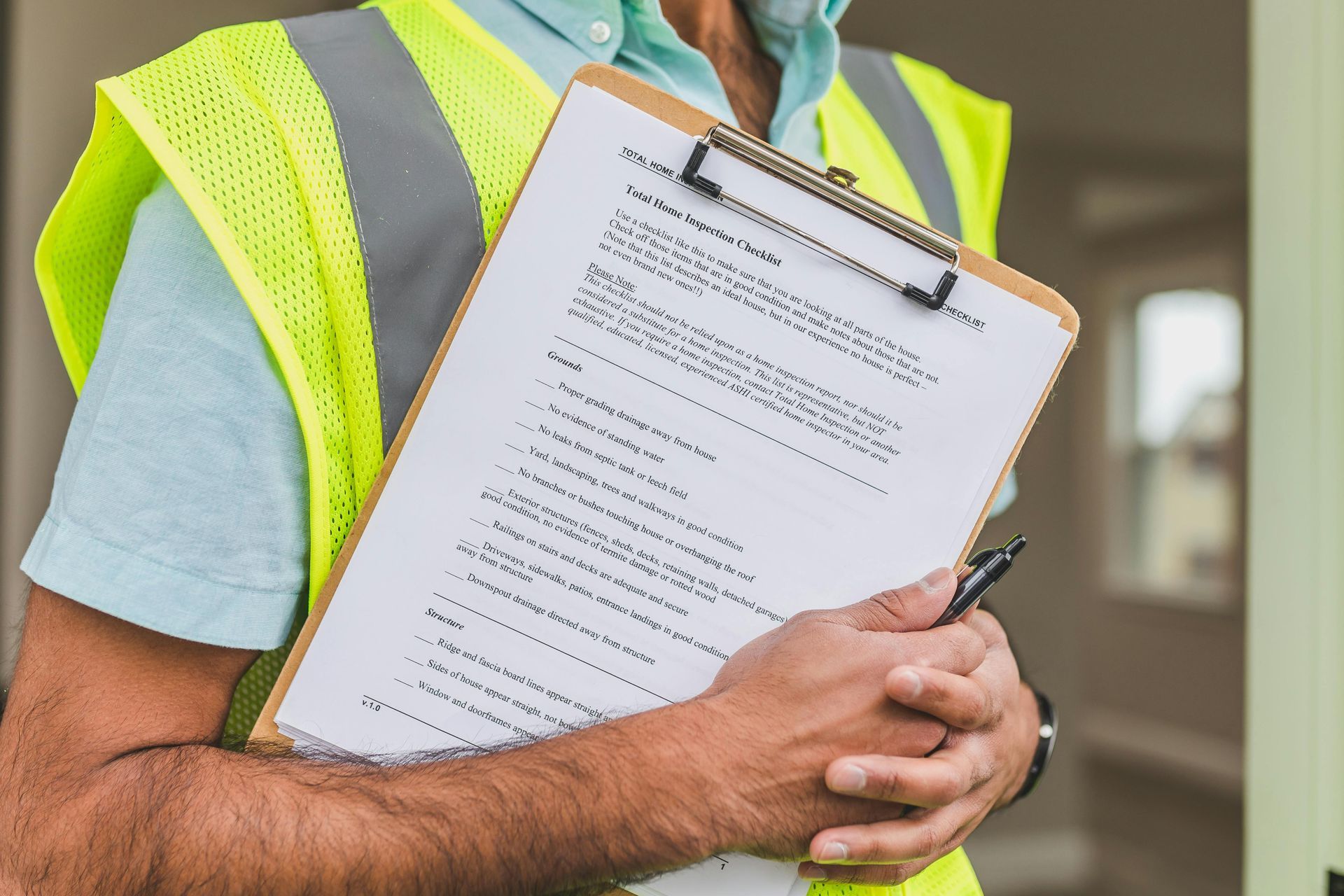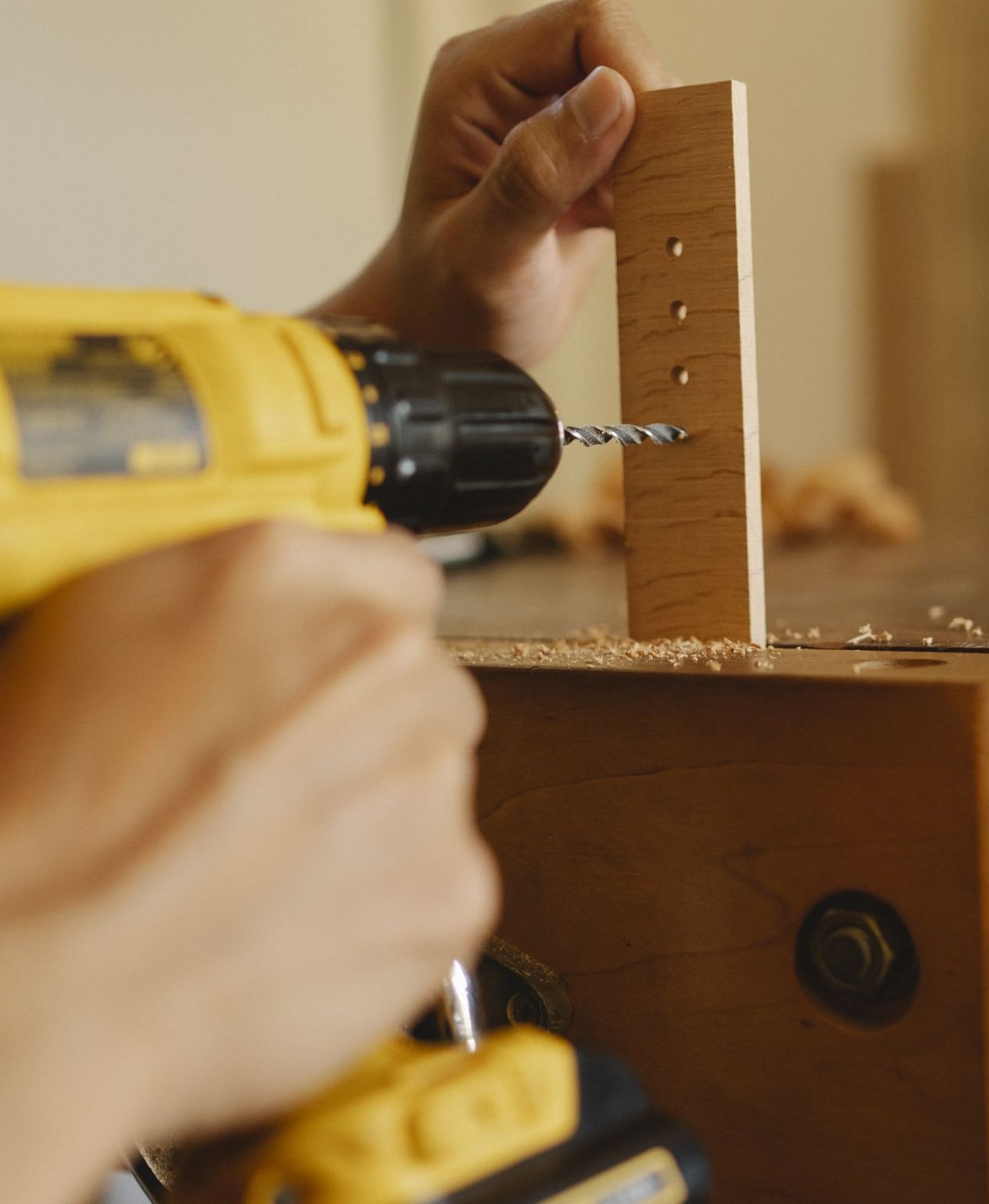DIY vs. Hiring a Handyman: What to Consider
When something needs fixing around the house, you might find yourself wondering: should I tackle this repair myself or hire a professional handyman? The answer depends on several factors, including the complexity of the task, your skill level, and your budget. While DIY projects can be rewarding, hiring a handyman can save time and ensure quality work. In this guide, we’ll explore the pros and cons of both options to help you make an informed decision.
The Case for DIY Repairs
Pros of DIY Repairs
- Cost Savings – One of the biggest advantages of DIY repairs is saving money. You avoid labor costs and only pay for materials.
- Sense of Accomplishment – Completing a repair yourself can be fulfilling, boosting your confidence and giving you valuable skills for future tasks.
- Flexible Schedule – When you handle the repairs, you can work at your own pace and schedule instead of coordinating with a professional.
- Customization – DIY allows you to make personal choices about materials, finishes, and design details.
Cons of DIY Repairs
- Skill and Knowledge Requirement – Some repairs require expertise that you may not have, leading to mistakes or incomplete work.
- Time-Consuming – DIY repairs can take longer than anticipated, especially if you’re learning as you go.
- Safety Risks – Handling power tools, electrical work, or plumbing without proper knowledge can be dangerous.
- Potential for More Damage – If a repair is done incorrectly, it could lead to bigger and more costly problems in the future.
The Case for Hiring a Handyman
Pros of Hiring a Handyman
- Professional Expertise – Handymen have the experience and skills to complete repairs efficiently and correctly.
- Time-Saving – A handyman can complete a job faster than a DIY enthusiast, allowing you to focus on other responsibilities.
- Quality Workmanship – With professional training, handymen ensure a high standard of work, reducing the risk of recurring issues.
- Proper Tools and Materials – A handyman already has the necessary tools and knowledge to choose the best materials for the job.
- Safety Assurance – For high-risk tasks like electrical repairs or roofing, hiring a handyman minimizes safety hazards.
Cons of Hiring a Handyman
- Cost – Professional services come with a price, and the labor cost can sometimes be high depending on the complexity of the job.
- Scheduling Constraints – You may need to wait for an available time slot, which could delay the repair.
- Less Personal Control – You may not have as much say in the process or choice of materials unless you discuss details beforehand.
- Risk of Unqualified Professionals – Not all handymen have the same level of experience or credibility. It’s important to vet them properly before hiring.
When to DIY and When to Hire a Handyman
Ideal DIY Projects:
- Painting walls or furniture
- Installing shelves or assembling furniture
- Replacing light fixtures or cabinet hardware
- Patching small holes in drywall
- Basic plumbing fixes like unclogging drains
Best Jobs for a Handyman:
- Electrical work beyond basic fixture replacements
- Major plumbing repairs like fixing leaks or installing new pipes
- Structural repairs, such as fixing a damaged floor or roof
- Installing complex appliances
- Large-scale painting projects or exterior work
Final Thoughts
Choosing between DIY and hiring a handyman depends on your skills, budget, and the complexity of the job. While DIY can be cost-effective and fulfilling, certain repairs require professional expertise to ensure safety and quality. Assess the situation carefully before deciding to take on a repair yourself or call in a handyman. By making the right choice, you can maintain your home efficiently without unnecessary stress or expense.
